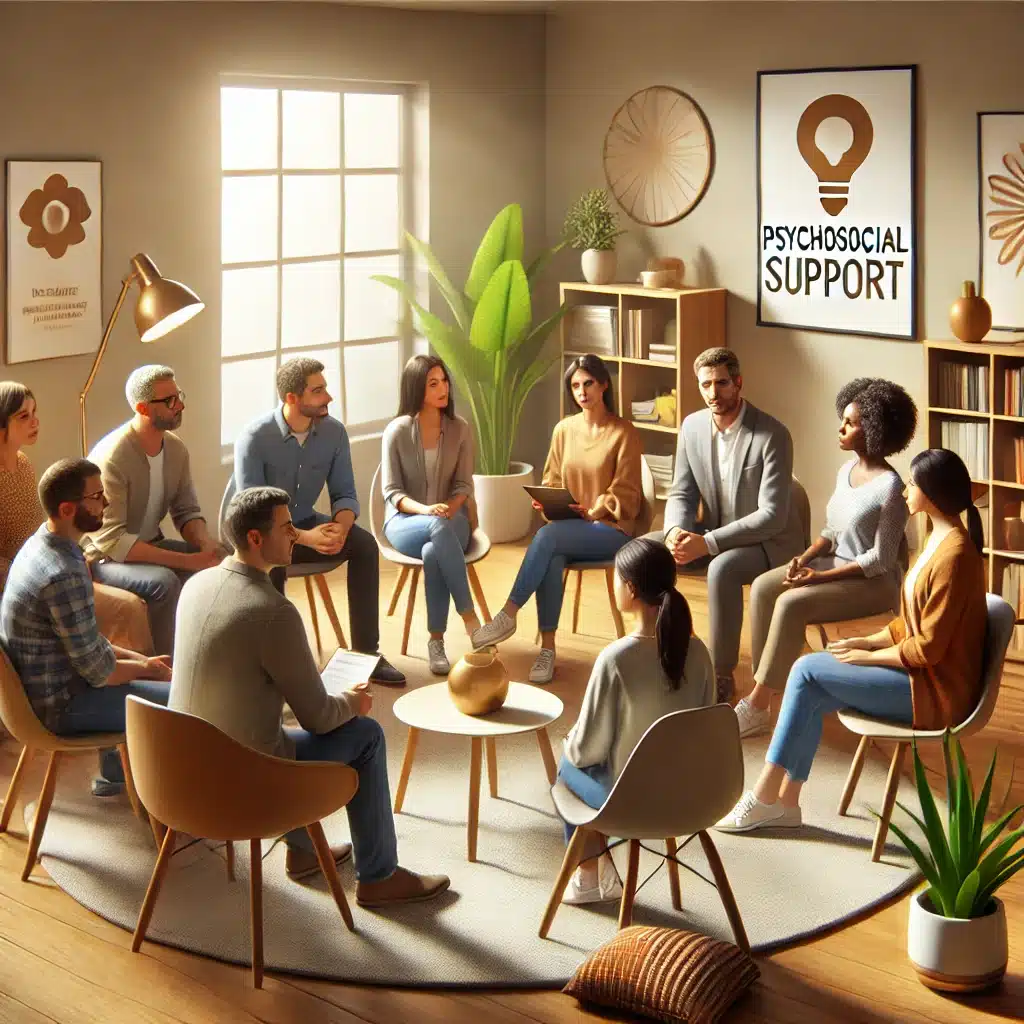As we move further into the 21st century, the landscape of disability care is undergoing a profound transformation, fueled by advancements in technology. These emerging technologies are not only redefining the possibilities for individuals with disabilities but also reshaping the care they receive. From smart home devices that enhance independence to wearable technology that monitors health, the future of disability care is bright with innovation. Organizations like Capitol City Residential Health Care are at the forefront, integrating these technological advancements to improve the quality of care and life for those with disabilities.
Enhancing Independence Through Smart Home Technology
One of the significant areas of technological advancement in disability care is the development of smart home technology. Smart homes, equipped with voice-activated systems, automated lighting, and electronic door locks, empower individuals with disabilities by making their living environments more accessible and manageable. These technologies enable people to perform daily tasks more easily and maintain their independence. For instance, voice-controlled systems allow those with limited mobility to control lights, adjust thermostats, and even manage home security with simple voice commands. This level of autonomy is a game-changer, offering individuals a sense of control over their environment that was previously difficult or impossible to achieve.
Wearable Technology: Monitoring Health and Enhancing Mobility
Wearable technology is another area where innovation is making a significant impact. Devices such as smartwatches and fitness trackers are now equipped with features that can monitor vital signs, track physical activity, and even predict potential health issues before they become severe. For individuals with disabilities, these devices offer a new layer of safety and reassurance, allowing them and their caregivers to stay informed about their health status in real-time.
Furthermore, exoskeletons and mobility aids are evolving to offer more than just physical support. These devices are becoming smarter, with the ability to adapt to the user’s movements and provide assistance as needed, making them an invaluable tool for enhancing mobility and independence.
Augmented and Virtual Reality: A New Frontier in Therapy
Augmented Reality (AR) and Virtual Reality (VR) technologies are opening new frontiers in therapeutic interventions for individuals with disabilities. AR and VR can simulate real-world environments or create entirely new, controlled settings for therapeutic purposes. For people undergoing physical therapy, VR can create engaging and interactive environments that motivate them to complete their exercises in a fun and effective way. Meanwhile, AR can assist in navigation and provide augmented cues for individuals with visual impairments, enhancing their ability to move through the world safely.
Capitol City Residential Health Care, recognizing the potential of these technologies, is exploring ways to incorporate AR and VR into their therapy programs, aiming to provide more personalized and effective treatments for their clients.
Cognitive Assistive Technologies: Supporting Intellectual and Developmental Disabilities
Technological advancements are not limited to physical disabilities; they also offer new solutions for individuals with intellectual and developmental disabilities. Cognitive assistive technologies, such as specialized software and apps, are designed to support memory, problem-solving, and organizational skills. These tools can help individuals manage daily tasks, communicate more effectively, and participate more fully in educational and social activities. By leveraging these technologies, caregivers and healthcare providers can offer more tailored support, fostering greater independence and quality of life for those with intellectual and developmental disabilities.
The Role of AI in Personalized Care
Artificial Intelligence (AI) is playing an increasingly important role in personalizing care for individuals with disabilities. AI-powered systems can analyze vast amounts of data to identify patterns and predict needs, allowing for more proactive and customized care plans. For example, AI can be used to tailor rehabilitation exercises to the specific progress and capabilities of each individual, optimizing their recovery and development. Additionally, AI chatbots and virtual assistants provide companionship and support, helping to alleviate feelings of isolation and promote mental well-being.
The Challenges and Opportunities Ahead
While the potential of emerging technologies in disability care is immense, there are also challenges to overcome. Accessibility, affordability, and training are significant hurdles that must be addressed to ensure that these advancements benefit everyone. Organizations like Capitol City Residential Health Care are critical in this effort, working to integrate new technologies into their services and advocating for broader access and support.
Conclusion
The future of disability care is being shaped by technological advancements to enhance independence, improve health outcomes, and provide more personalized and effective support for individuals with disabilities. From smart home devices and wearable technology to augmented reality and AI, these innovations are transforming the landscape of care. As we look ahead, it is clear that technology will continue to play a pivotal role in breaking down barriers and opening up new possibilities for individuals with disabilities, with organizations like Capitol City Residential Health Care leading the way.
Published By: Aize Perez





